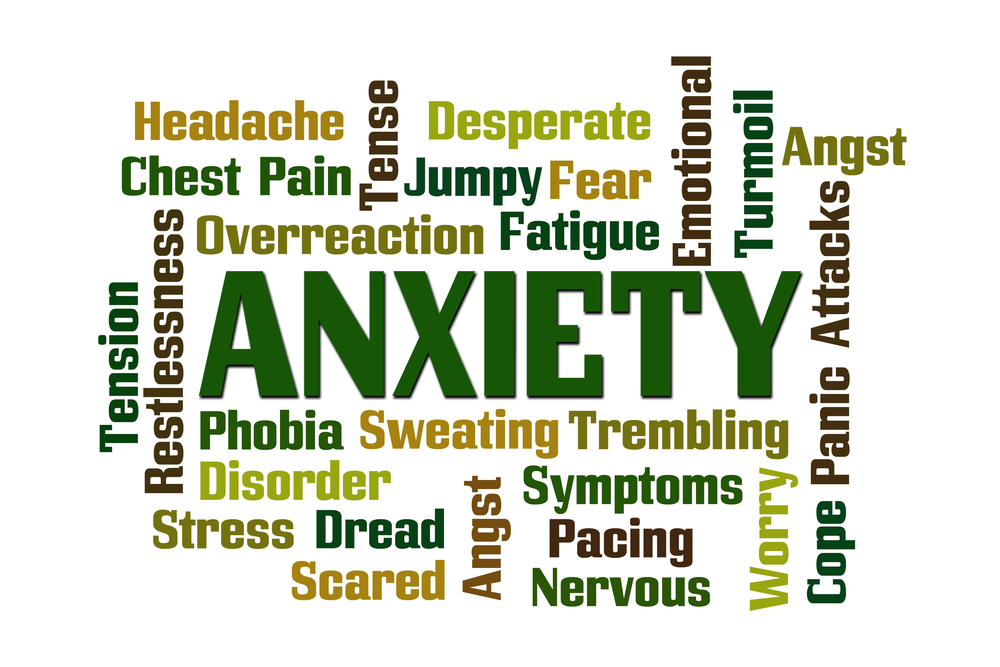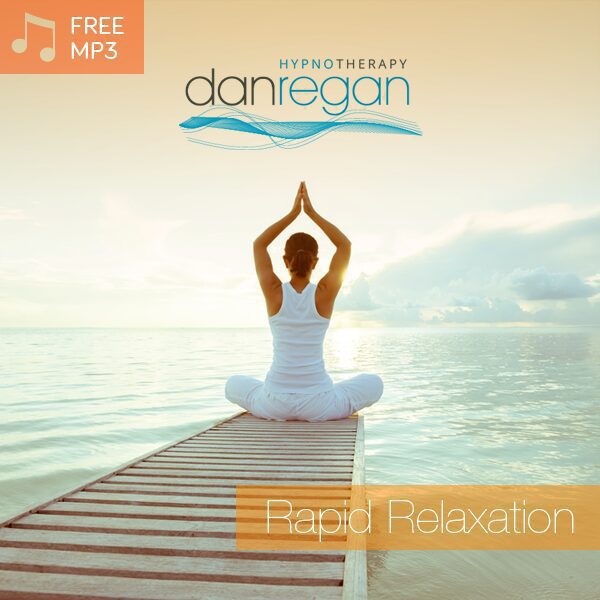Required
Tips For Coping With Anxiety
Tips For Coping With Anxiety – Hypnotherapy in Ely & Newmarket
Recently I came across an article in Hello magazine which gave their top tips for coping with anxiety. Apparently some ‘celebrity’ (who I’d never heard of) had been posting about that anxiety and how it affects them.
As I was reading the tips for coping with anxiety that had been provided by a Clinical Psychologist, I naturally couldn’t help but consider which one of the seven anxiety tips I would advise my clients to use and which I would suggest they do very differently.
So here is my take on the top tips for coping with anxiety you can use to overcome your anxiety from today.
How To Cope With Anxiety
Now before I begin I should say that I do not know the clinical psychologist the article refers to, I haven’t spoken to them and I fully recognise that what gets put down in a few words in a magazine article may not be exactly the information that was relayed or give the full detail.
However, it was published, people may read it and try to act on it so I’m hoping that my input will allow them even greater success in overcoming their anxiety.
1) Avoid Avoiding
The article talks about how avoiding things that cause you anxiety can feel like a solution. You avoid that anxiety provoking thing and the feelings subside. And I agree (to an extent) because often my clients will do this as far as possible – it’s that ongoing battle between wanting to go and do something yet the anxiety you know you will encounter.
And it’s true that avoiding something does start to send a signal to your mind that this is some bad, dangerous or uncomfortable thing and so similar situations in the future should also be avoided. Your anxiety levels can actually start to rise despite that initial avoidance relief.
Yet some people do force themselves to go into situations and events that create huge levels of anxiety, and whilst some find those feelings soon diminish, for others they persist no matter how hard they try to battle through them.
So to start breaking that pattern you need to prime your mind to feel calm beforehand as well as having effective calming techniques you can use in the moment. I teach my clients how to do this and if you need a good place to start then you might like to grab your copy of my free Rapid Relaxation MP3.

2) Be Realistic
The article suggests asking yourself what’s the worst that could happen and stresses the need to make this the worst realistic outcome so that you can then find ways to solve those problems.
And again, some people find that asking themselves this gives them a level of perspective that means they take productive action and feel more empowered and in control as a result.
Others however, may find that this opens up a whole new can of anxious worms in their mind. Because whilst when we feel calm we can use the logical, thinking part of our brain to make decisions and weigh things up, once the anxiety starts, the emotions take over and every part of our mind and body screams ‘danger, take action!’ An anxious brain can easily have you misusing your powerful imagination to generate many, many worst case scenarios that leave you more anxious as realism and logic go out the window.
Using self hypnosis or other relaxation techniques, you can soon learn to harness your imagination and prime yourself mentally and physically to know that whatever happens you will be ok. You can learn to focus on what you do, what to think, feel and do – or at the very least, dilute all that anxiety so that you know that you can cope.
3) Notice Anxiety Triggering Thoughts
This tips suggests that you should notice anxiety triggering thoughts and instead change them to other thoughts that make it harder to feel anxious.
And this is probably where I most agree and disagree! Yes, you should change your thoughts to focus more on what you do want rather than don’t want. And yes you should make sure you aren’t using language that suggests catastrophic consequence where these are unlikely to happen.
Yet if reducing anxiety was as simple as changing a thought then I can’t help thinking that the bottom would fall out of the anxiety pharmaceutical market overnight.
Anxiety is generated by using your imagination in unhelpful ways, telling yourself how bad things will be and pattern matching to previous experiences. As well as losing the ability to think calmly and logically (as described above), we will tend to respond to similar events in similar ways – we automatically use our memories and past experiences to influence how we respond now.
So if something is associated with anxiety in your mind it is very difficult to just decide not to do that. To overcome anxiety, you need to break that pattern and let go of the associations, feelings and habitual responses. You need to learn to train your mind so that you feel calm about the event, you can take away emotion from your thoughts and you can physically and mentally take control.
Again, as well as specific breathing techniques and learning how to take control over internally generated thoughts, you may find my free audio enables you to calm down enough to be able to start loosening that pattern.

4. Don’t add pressure with high expectations
If you set yourself unrealistically high standards then you may well create your own anxiety if they are too stringent and difficult to meet.
Often, especially when emotions such as anxiety take over, we become very black and white in our thinking – either something is perfect or it is a failure. And whilst we can all aim to do the best we can, if falling even a little short leads you to despair and worry then you are giving yourself a very hard time.
So make a conscious effort to be fair to yourself – you can still aim to do well and have high levels of expectations yet recognise that no one is perfect at everything all the time, and that is ok!
5. Speak to other people
In the article, the psychologist talks about fears and worries going around and around in your head and getting bigger and bigger.
Our imagination is incredibly powerful and can be very vivid so often all that anxiety fuels even more unlikely, remote and worrying scenarios. It’s like having a river of anxiety running through your mind and letting it run where-ever it likes. And the more you try to not think about those thoughts or keep yourself distracted, the more they can re-appear in quieter moments and take charge again.
Many people I have helped find it useful to talk to someone – whether that is an anxiety expert like me or a good friend. Many others find it useful to have a ‘worry time’ period each day and get it all out of their head and onto a bit of paper. Whether you talk or write, I would suggest having a time limit on how much you are going to go over all those thoughts – go on too long and you risk re-enforcing your anxiety instead of diminishing it.
If you are going to talk to someone, make sure it is someone you know will be supportive and positive.
6. Remember anxiety will pass
As the article says, however unpleasant your anxiety is, remember that your anxiety will pass. All emotions and feelings have ebbs and flows. The more you use your imagination positively and learn to relax easier, the sooner you will find yourself filled with a sense of inner calmness.
7. Don’t self medicate
I whole-heartedly agree with this – self medicating or putting a temporary plaster over your anxiety will not help you in the long run. Using alcohol or drugs can have huge negative consequences and you may find you need them more and more as the underlying anxiety is only temporarily dampened rather than removed.
Make a decision to use more constructive anxiety relief choices – whether you spend time with friends, exercise, go for a walk, do something you enjoy, listen to something relaxing or something else.
If you would like to read the Hello article you can find it here.
Finally, if you have concerns about your health or feel you are struggling with anxiety then make an appointment to speak to your GP.
And if you have any questions please do get in touch.
Best wishes
Dan Regan
Anxiety Hypnotherapy in Ely & Newmarket
Struggling with anxiety, stress, worry and fear and need some help? Find out how I can help with a Complimentary Hypnotherapy Strategy Session. Learn more here: Appointments
Find out what dozens of other people have said after their hypnotherapy sessions with Dan: Hypnotherapy Testimonials
And check out these powerful hypnosis downloads that can start helping you right away with anxiety, confidence and more: Hypnosis Downloads
Get Your Copy Right Now…
Subscribe to Dan’s Digest filled with tips, strategies and techniques and get instant access to your free rapid relaxation hypnosis audio track.
Enjoy feeling and being more mentally calm and physically relaxed right now:




0 Comments